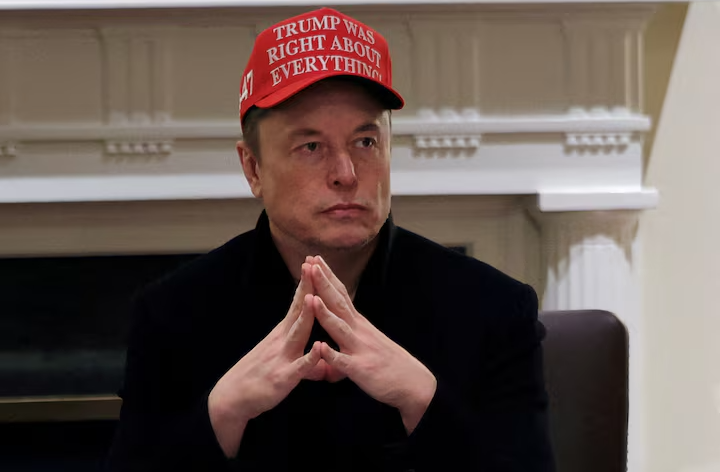In a dramatic turn of events, OpenAI has countersued Elon Musk, accusing the tech mogul of engaging in a campaign of harassment against the company. This legal clash stems from a dispute over the future direction of OpenAI, the AI firm that Musk co-founded in 2015 before distancing himself from the company.
The countersuit, filed on April 9, 2025, highlights Musk’s alleged efforts to prevent OpenAI from transitioning to a for-profit model and his actions to undermine the company’s progress.
Musk, the CEO of Tesla and the founder of the AI company xAI, has been vocal about his concerns with OpenAI’s shift to a for-profit structure. He has also launched legal challenges and media attacks to block OpenAI’s goals, even going as far as attempting to seize control of its assets. OpenAI’s countersuit accuses Musk of using his platform on X (formerly Twitter) to launch malicious attacks and using legal avenues to harass the company. The lawsuit also addresses Musk’s demand for corporate records, a tactic OpenAI claims was designed to distract and damage its operations.
At the heart of this dispute is OpenAI’s crucial transition to a for-profit model, which it needs to complete by the end of 2025 to secure a $40 billion funding round. The company argues that Musk’s actions are a deliberate attempt to slow down its progress and prevent it from becoming a leader in the AI industry.
OpenAI claims that Musk’s moves are an attempt to delay its growth and gain personal control of the leading AI innovations. The countersuit seeks a federal judge to stop Musk from further damaging OpenAI’s interests and hold him accountable for any harm caused thus far.
A jury trial is set to take place in spring 2026, marking the latest chapter in a high-stakes legal battle that has already seen Musk attempt a $97.4 billion unsolicited takeover bid, which OpenAI rejected.

Musk’s legal team, however, has argued that OpenAI’s refusal to consider the takeover bid was in bad faith. They suggest that OpenAI’s board failed to recognize the seriousness of the offer and that the rejection is a reflection of the company’s reluctance to consider alternatives that could benefit its business model. Musk’s camp believes that his proposal was a legitimate effort to secure the future of OpenAI and ensure that its assets were properly valued.
This ongoing feud underscores the fierce competition in the AI space, with OpenAI and Musk’s xAI vying for dominance in a rapidly evolving market. Musk, who also owns Tesla and Twitter, has long been a critic of OpenAI’s shift away from its non-profit origins, claiming that the company has lost sight of its mission to develop AI for the benefit of humanity.
As the legal battle unfolds, OpenAI continues its push for innovation and expansion, while Musk’s xAI works to make its own mark in the AI world. With billions of dollars at stake and the future of AI development on the line, the outcome of this case could shape the trajectory of artificial intelligence for years to come.



